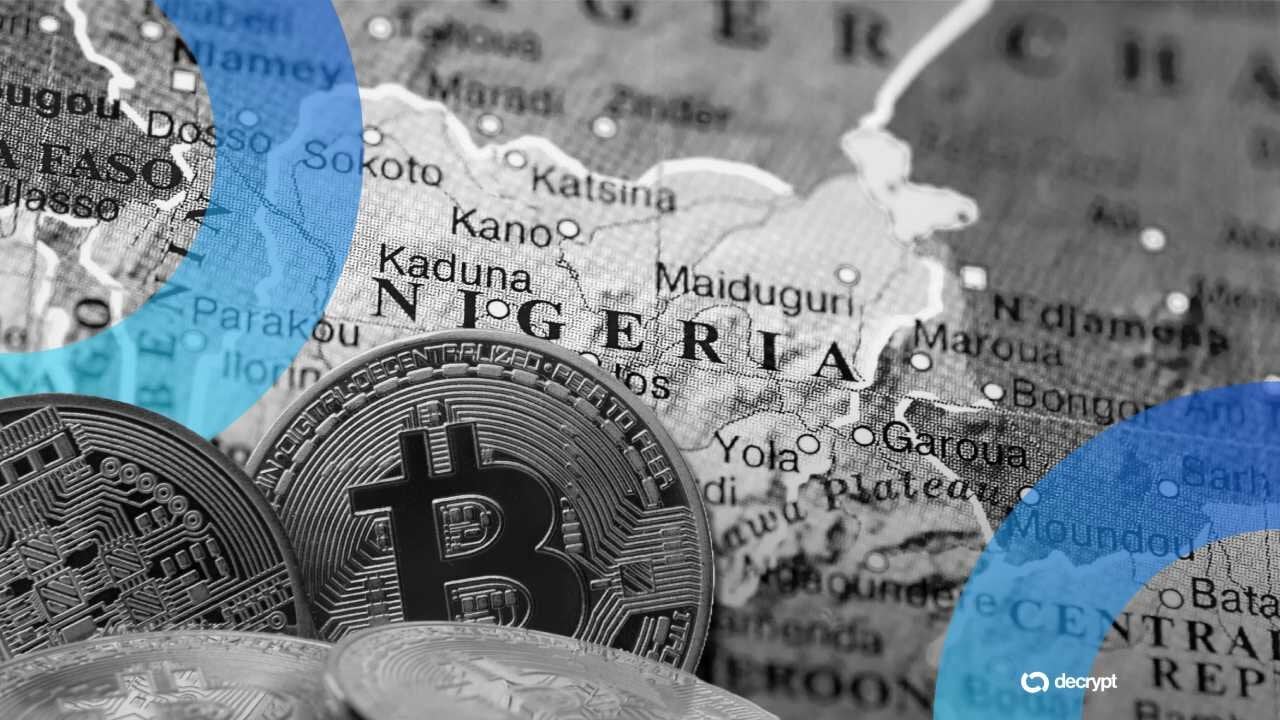Nigeria’s EFCC Chair Exposes ’Rogue Politicians’ Laundering Corruption Proceeds Through Crypto

Crypto's shadow economy just got a new villain—politicians. Nigeria's Economic and Financial Crimes Commission (EFCC) chair drops the hammer, alleging corrupt officials are exploiting digital assets to hide dirty money.
No surprises here—where there's opaque tech and weak regulation, bad actors follow. But let's be real: traditional banks have been washing illicit cash for centuries. At least crypto leaves a trail.
The twist? This crackdown comes as Nigeria's crypto adoption soars. Citizens flock to decentralized finance while their leaders allegedly use the same tools for graft. Irony tastes bitter, doesn't it?
One cynical take: Maybe these politicians are just early adopters of 'decentralized corruption'—cutting out middlemen like Swiss bankers. Efficiency wins again.
Crypto in Nigeria
Speaking at the same event, the governor of the Central Bank of Nigeria, Olayemi Cardoso, noted that cryptocurrency adoption has exploded in the country, with “over $56 billion in crypto-related transactions [...] recorded between July 2022 and June 2023.”
However, this growth has been accompanied by a parallel increase in fraud, as underlined by the central bank’s Financial Stability Report 2024, recorded a 45% increase in financial fraud cases last year.
Some 70% of these cases are related to digital channels, such as crypto exchanges, while Nigeria’s financial regulators have identified more than 30 Ponzi schemes involving cryptocurrencies.
Addressing crypto corruption
Ugolor argued that several steps should be taken to reduce the potential for the corrupt use of crypto, with the first being the adoption of stronger regulatory frameworks.
“Nigeria must develop a balanced approach that promotes innovation while enforcing AML/CFT compliance,” he explained. “This includes licensing and monitoring VIRTUAL asset service providers.”
Also important will be cross-border cooperation, with Ugolor advising Nigeria to strengthen ties with international law enforcement agencies such as Interpol, while also making greater use of crypto intelligence firms, such as Chainalysis and Elliptic.
One of the most vital elements will be summoning the political will and means to combat corruption, and for Ugolor this should encompass the disclosure of all assets held by politicians, including cryptocurrencies.
“Politicians and public officers should be required to declare digital assets under a revised public assets disclosure regime,” he said, explaining that this would close a loophole in current reporting systems.
Lastly, he added that he would like to see NGOs such as ANEEJ and the EFCC working more closely with each other, as well as with regulators such as the SEC and the Central Bank of Nigeria.
Such parties, he concludes, should “work jointly with the crypto sector to establish whitelists, suspicious activity flags, and channels for whistleblowing.”

